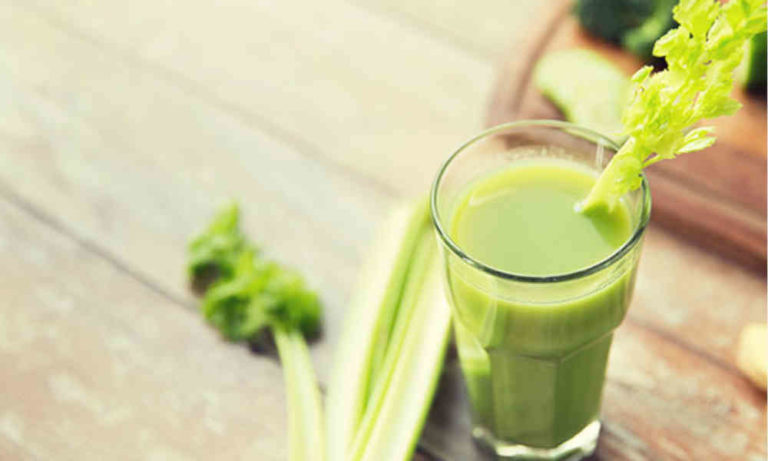7 Types of Tea – Their Uses and Health Benefits
There are many health benefits of different types of tea. From Matcha green tea to turmeric and ginger, these teas have several health benefits. Read on to learn more about these popular beverages and their health benefits. Some of the healthiest types of tea include green, Camomile, black, and ginger varieties. Some also boost the immune system and fight colds and flu. Listed below are some of the health benefits of various teas.

Matcha Green Tea
Whether you drink one cup a day or many, the health benefits of Matcha green tea are numerous. Unlike coffee, which tends to give you a caffeine crash, Matcha maintains a steady energy level throughout the day. Similarly, you’ll not experience the usual heart palpitations or jitters, which can often accompany caffeine consumption. However, you should still consult a doctor before beginning any new supplementation.
The liver plays a key role in detoxification and the metabolization of nutrients. Matcha may protect the liver. Researchers gave diabetic rats the Matcha for 16 weeks. They found that the tea prevented damage to the liver and kidneys. Liver enzyme levels, which are a sign of liver damage, decreased significantly after drinking.
While consuming Matcha may be delicious, it does have high caffeine content. If you are concerned about caffeine levels, you may want to switch to a naturally caffeine-free herbal tea instead. Nonetheless, there are no serious side effects of Matcha. Caffeine-sensitive people should consult their physician before consuming it. Drinking it daily may improve your energy levels and overall health.
Turmeric Tea
Turmeric is a well-known antioxidant and may be beneficial for a variety of health conditions, but it should be taken in moderation. Drinking one to three cups of turmeric tea per day is a safe amount. In large amounts, turmeric may cause stomach aches or kidney stones. Moreover, you should avoid turmeric if you are on any blood-thinning medicines. However, it is considered safe for most people.
Turmeric tea is a popular beverage made from the turmeric root or by steeping it in hot water. This process improves the flavor and nutrient profile of the tea. Turmeric tea is also great as a substitute for coffee or blended with your favorite beverage. You can also add lemon, honey, ginger, or pepper to it for a flavorful, wholesome beverage. You can also take turmeric supplements if you are prone to cardiovascular disease.
Another great benefit of turmeric is its ability to reduce inflammation. Many chronic illnesses and mental illnesses are characterized by inflammation. Turmeric suppresses inflammation and is an excellent substitute. In addition to preventing inflammation, turmeric can also improve skin complexion and reduce the appearance of wrinkles and blemishes.
Camomile Tea
The medicinal plant chamomile has been used for centuries. Ancient Egyptians used it to treat the common cold and fever. The Romans used it as a cough remedy, and it is widely used in Europe as a soothing herbal tea. The name chamomile literally means “ground apple.” Today, modern science has discovered numerous health benefits of chamomile.
Chamomile’s wide range of health benefits includes relaxation and a boost to the immune system. It is also known to support a healthy heart and digestion. The health benefits of chamomile tea can be seen in both the morning and nighttime when it is sipped before bed. The anti-inflammatory properties of chamomile can help you sleep better at night.
One of the most well-known health benefits of chamomile tea is a reduction in menstrual pain. It can reduce anxiety and has also been shown to improve bone health, particularly for women. These effects may help women prevent and manage their diabetes. Its antioxidant properties have been found to have anti-inflammatory properties and help prevent pancreatic oxidative stress.
Ginger Tea
A recent study revealed that drinking ginger tea significantly reduced the pain experienced by participants. Although the study focused on knee pain, it was found that 63 percent of participants reported significant pain relief. In addition to pain relief, ginger has also shown promise in reducing menstrual discomfort.
Research examining the pharmacological properties of ginger has found that ginger may aid in the prevention of cardiovascular disease. However, it has yet to be determined what dosages of the ginger extract are effective for patients. The authors of the study call for further study on the optimal dosage and types of ginger extract. But in the meantime, they conclude that ginger could be an effective treatment for cardiovascular disease.
Ginger can help to lower the level of both cholesterol and LDL, which are harmful to the heart and can cause blood clots. Additionally, ginger tea can help to lower blood sugar levels, helping the heart maintain its optimal performance. The benefits of ginger tea extend to the brain as well. Researchers believe that the tea has the potential to improve mental performance in middle-aged individuals, treat dementia, and even prevent neurological diseases.
Fennel Tea
One of the most popular types of herbal teas, fennel contains antioxidants, which help fight free radicals in the body. These free radicals cause increased inflammation and chronic disease. Fennel also has antibacterial properties, making it a valuable addition to any health regimen. It has even been used in the past to treat digestive problems.
This herbal tea contains an ingredient called cineole that relieves indigestion and soothes a sore throat. Some people may notice a slight estrogenic effect. Moderate amounts of fennel tea are safe for most people.
White Tea
If you’re interested in drinking healthy drinks to maintain a long life, then white tea might be a good choice. Research suggests that the catechins found in this beverage slow down the oxidation of fatty tissue and can help prevent cardiovascular disease and type-2 diabetes. In addition, white tea is known to reduce your waistline by stimulating the metabolism of fat cells.
Green Tea
Green tea consumption is associated with a number of health benefits, from lowering cholesterol to reducing the risk of cardiovascular disease. People who drink green tea are more likely to be in an urban area, educated, and consume more fruits, vegetables, and coffee than those who do not.
The antioxidants present in green tea fights free radicals that damage DNA. These free radicals cause age-related and neurological diseases, and furthermore, they have antiviral, antibacterial, and anti-inflammatory effects. By preventing or reducing these health risks, green tea is a wonderful beverage to drink. It can also help prevent cancer and reduce blood pressure.
Why is Celery Juice So Healthy?
What To Do If You Are Not Hungry In The Morning?


